
From closing down shops and malls to making individuals wear gloves and masks when they leave the house, COVID-19 has affected society in various ways. For many students, the pandemic has allowed them to catch up on their recommended eight hours of sleep.
Sleep is crucial and plays a large role in a person’s general health and well-being. For many high schoolers, school work and other activities hinder them from obtaining the suggested amount of sleep.
“When we had to physically go to school, I only slept for four to six hours on an average,” junior Rahat Ali said. “When school was over for the day, I had to attend club meetings, complete my homework and study for tests. I wasn’t able to achieve the recommended seven to nine hours of sleep because of school.”
As reported by MyHealthfinder, teens need at least eight to ten hours of sleep each night. Getting a full eight hours of sleep proves to be beneficial because it aids teenagers in building up their immune systems and in turn, causes them to get sick less often. Additionally, an adequate amount of sleep assists in maintaining a healthy weight, lowering stress, improving overall mood and decreasing the possibility of developing future health problems.
According to a survey conducted at MSD of 100 students, 81% of the student body claims to be getting more sleep. While in quarantine, students have more time to complete their work, and some students have more free time on their hands due to the cancellation of after school activities, games and other events, allowing them more time to sleep.
“Even though I still stay up late to do work, I seem to get more work done now than while we were in school,” senior Ashley Paris said. “I work at Mathnasium and they are making us work from home.”
Although some students are obtaining more sleep due to the pandemic, many have been struggling with disarranged sleep schedules.
“[During quarantine], I usually go to sleep from any time in between three to five in the morning,” freshman Tehzib Philip said. “If I am doing work, I would do it till around 1:30 to 2 a.m., then I would watch Netflix or Youtube until I fall asleep. I never try to force myself to stay up, I just wait until I feel tired.”
Not all students decide to stay up until the early hours of the morning. Some attempt to follow their normal school sleep schedules and go to bed at an earlier time compared to others.
“I usually go to sleep at around eleven in the night,” freshman Tilak Patel said. “My sleep schedule depends on the time I wake up in the morning. If I wake up at around ten, I would usually go to sleep at 12, but because of online school, I wake up at around eight and I would go to sleep at 11 if I have nothing else to do.”
Even though most students are going to sleep later than they did when physical school was in session, some are still getting up relatively early to attend online classes. Some teachers are now teaching their classes live on Zoom, a video calling site. Although the classes are held virtually, they still occur at scheduled times that students are expected to attend.
At MSDl, the earliest a teacher can schedule a Zoom call is at 8 a.m.; therefore, students are able to attain more sleep than when they had to physically be at school at 7:40 a.m.
“I am getting more sleep now, but I still wake up early to attend my classes on Zoom,” junior Alishba Hashmi said.
Regardless of the time students now choose to go to sleep at, some students are getting more sleep during quarantine in comparison to when they had to go to school and attend other activities. With the closing of schools and other establishments due to COVID-19, most students have more free time, allowing them to catch up on the sleep that many have failed to obtain in past years.


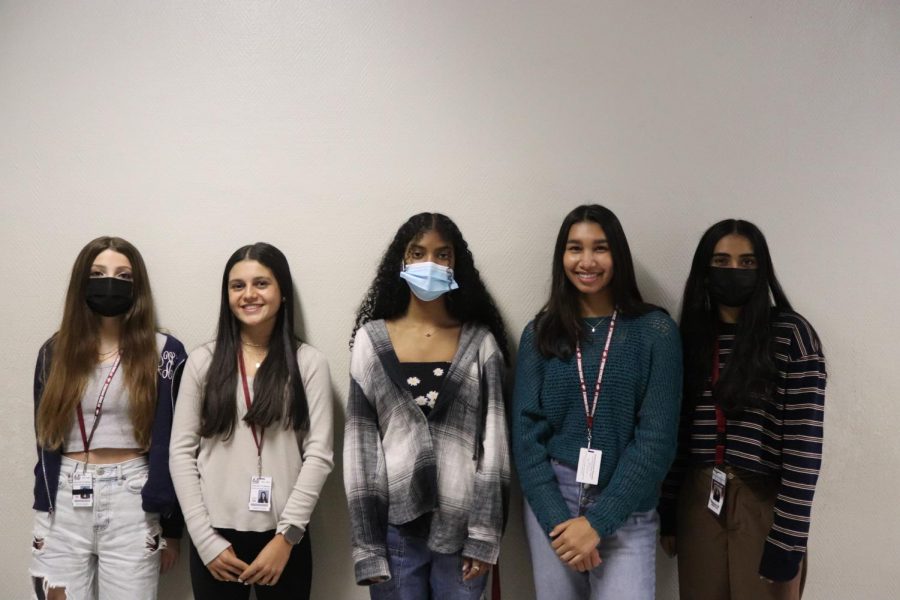

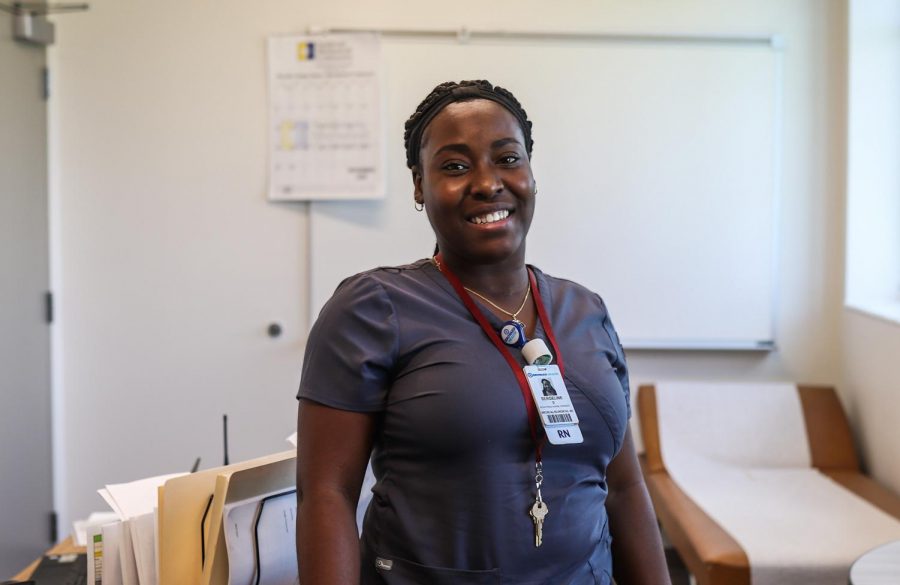
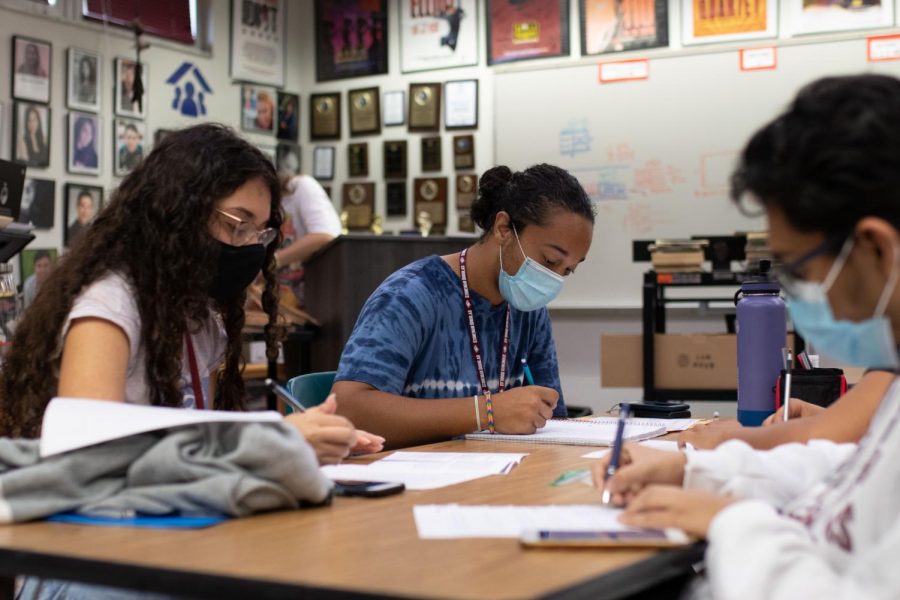
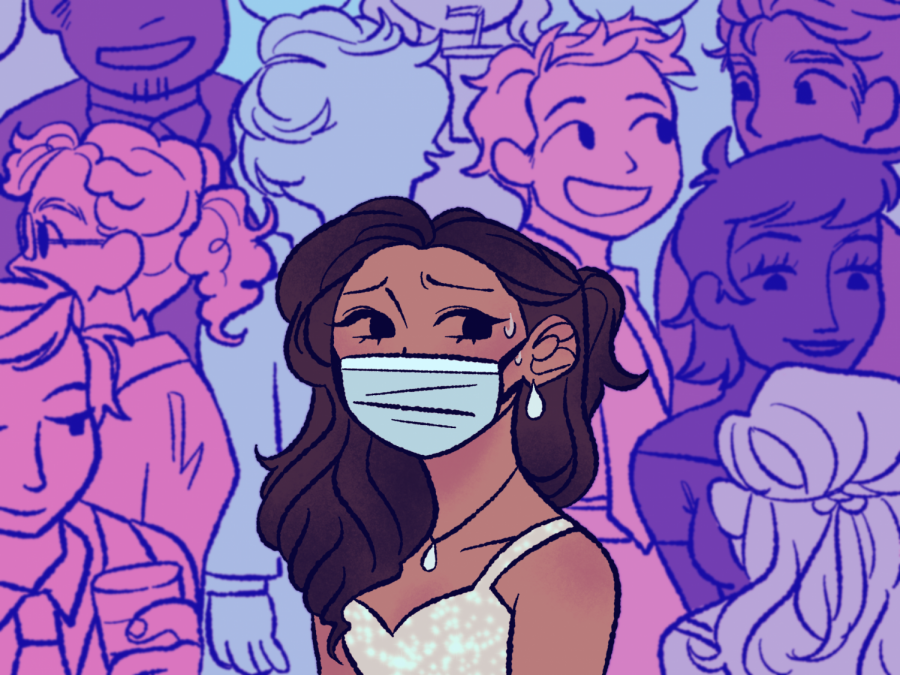
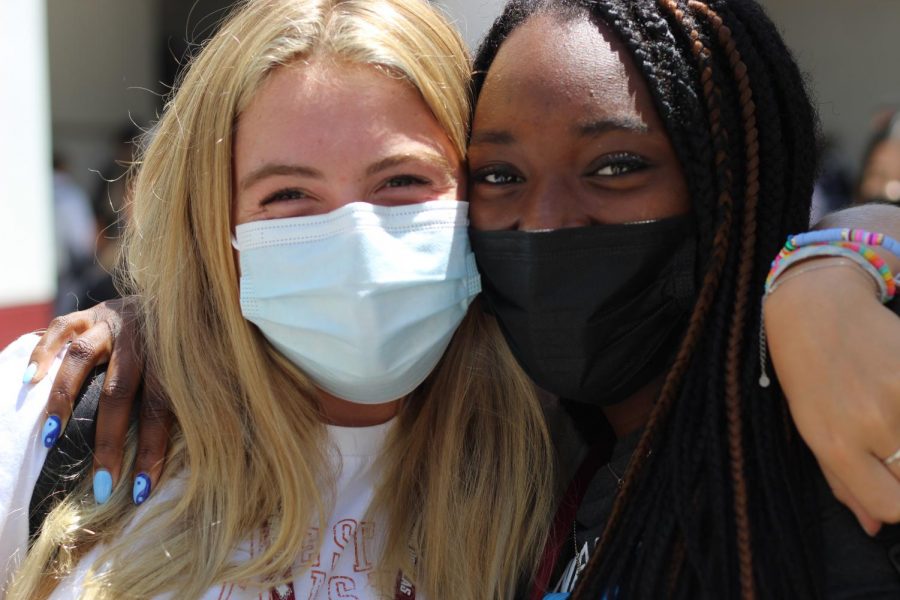
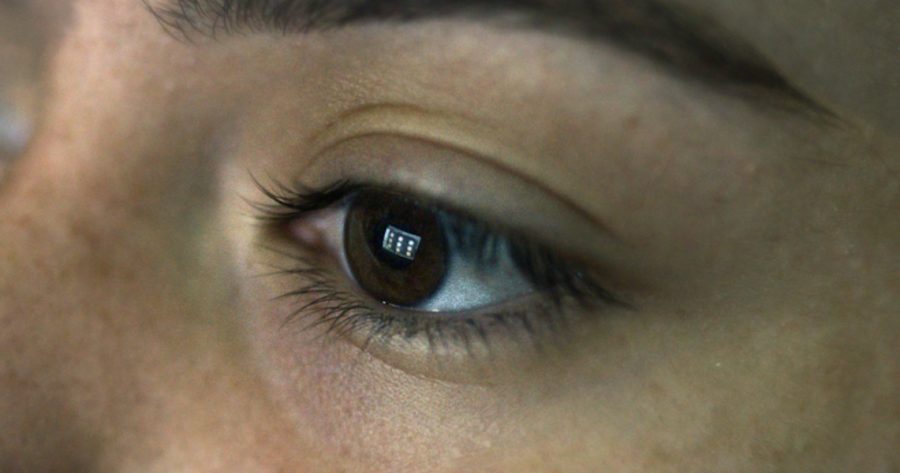
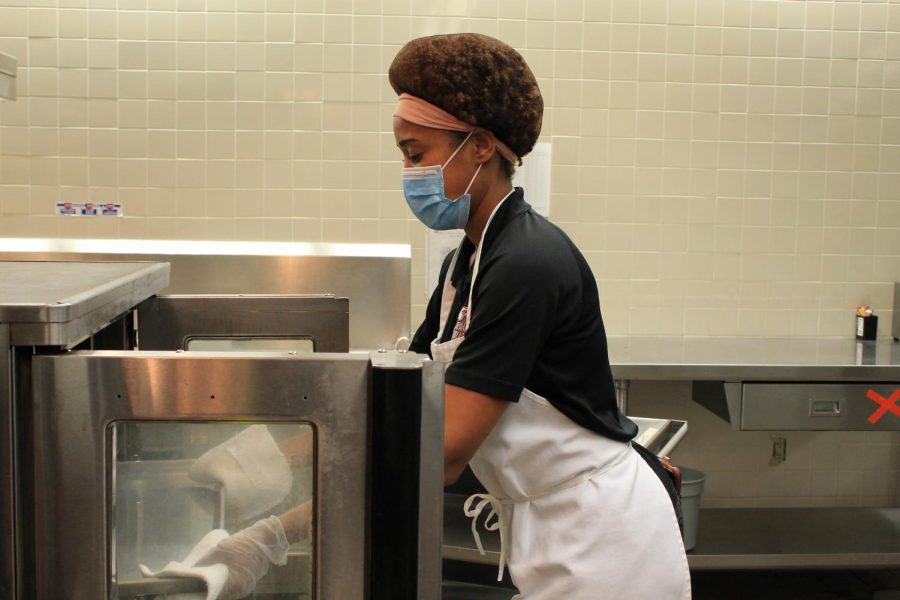
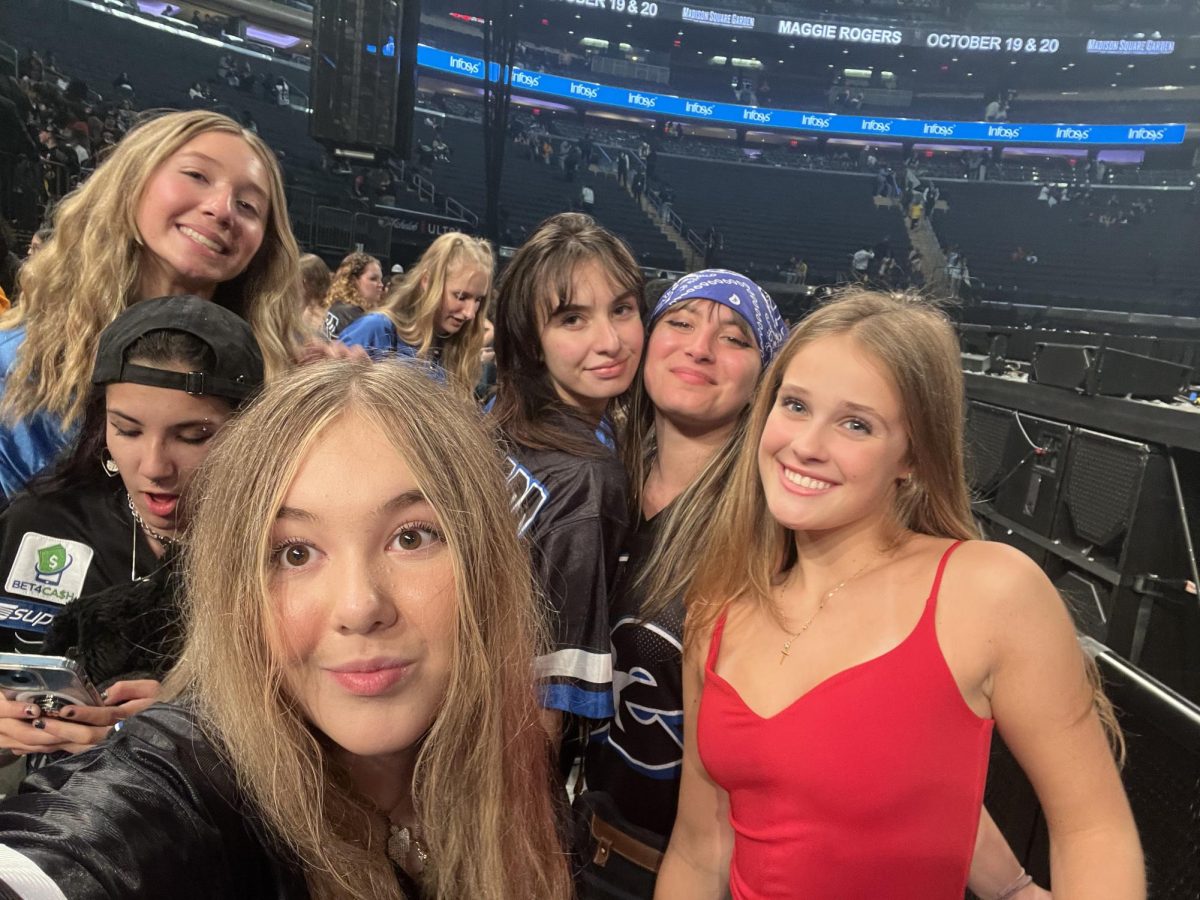
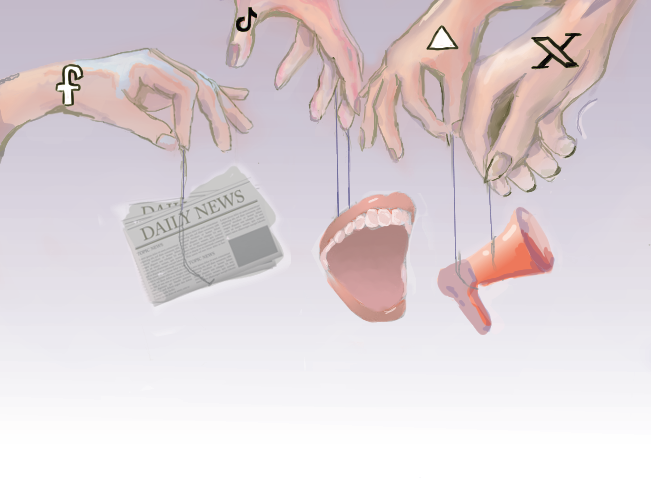
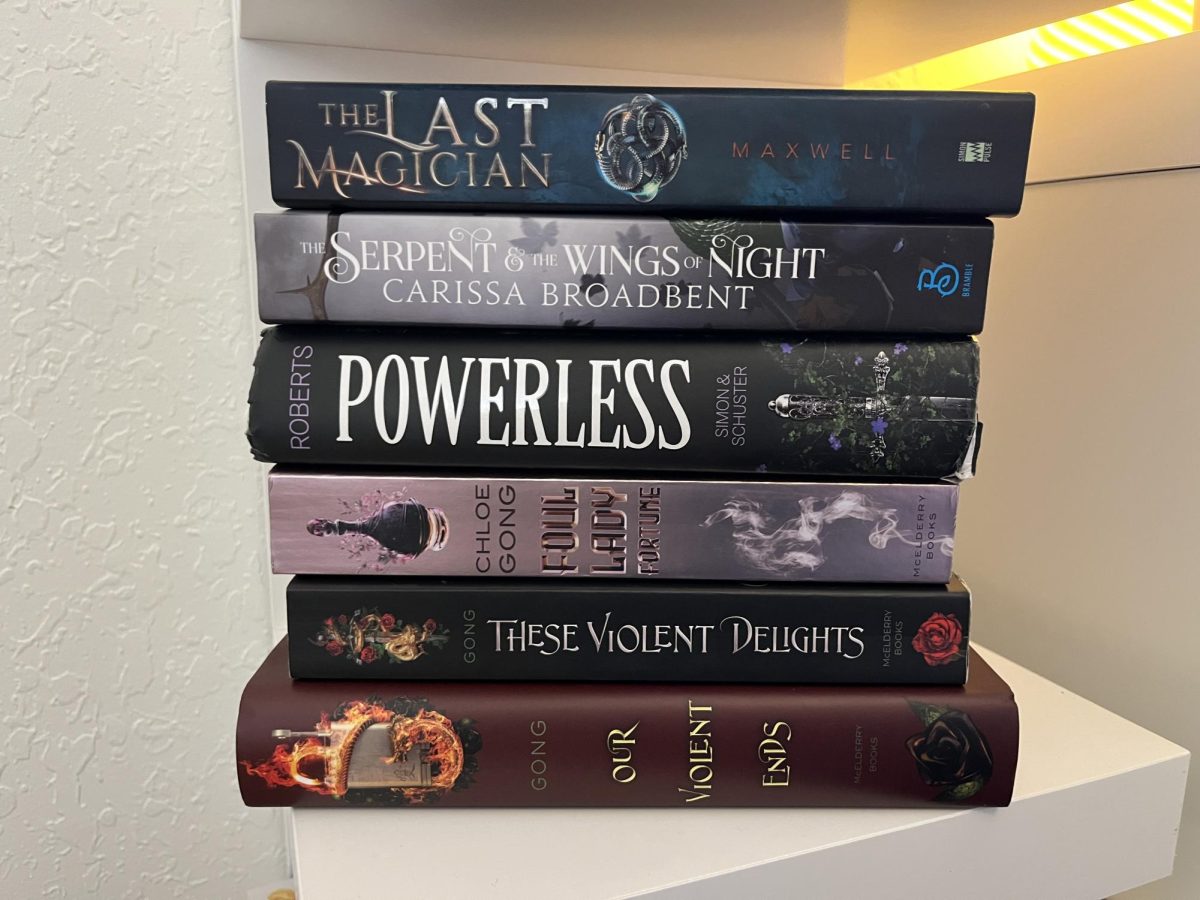
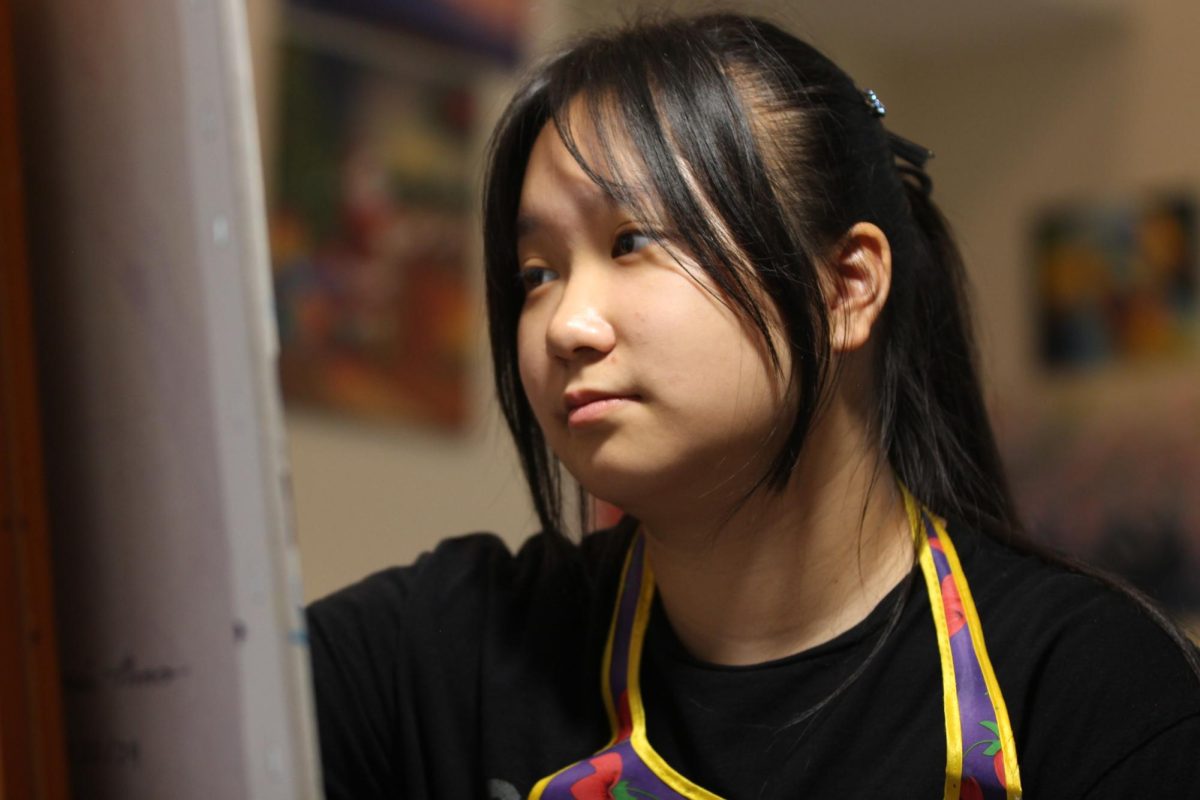
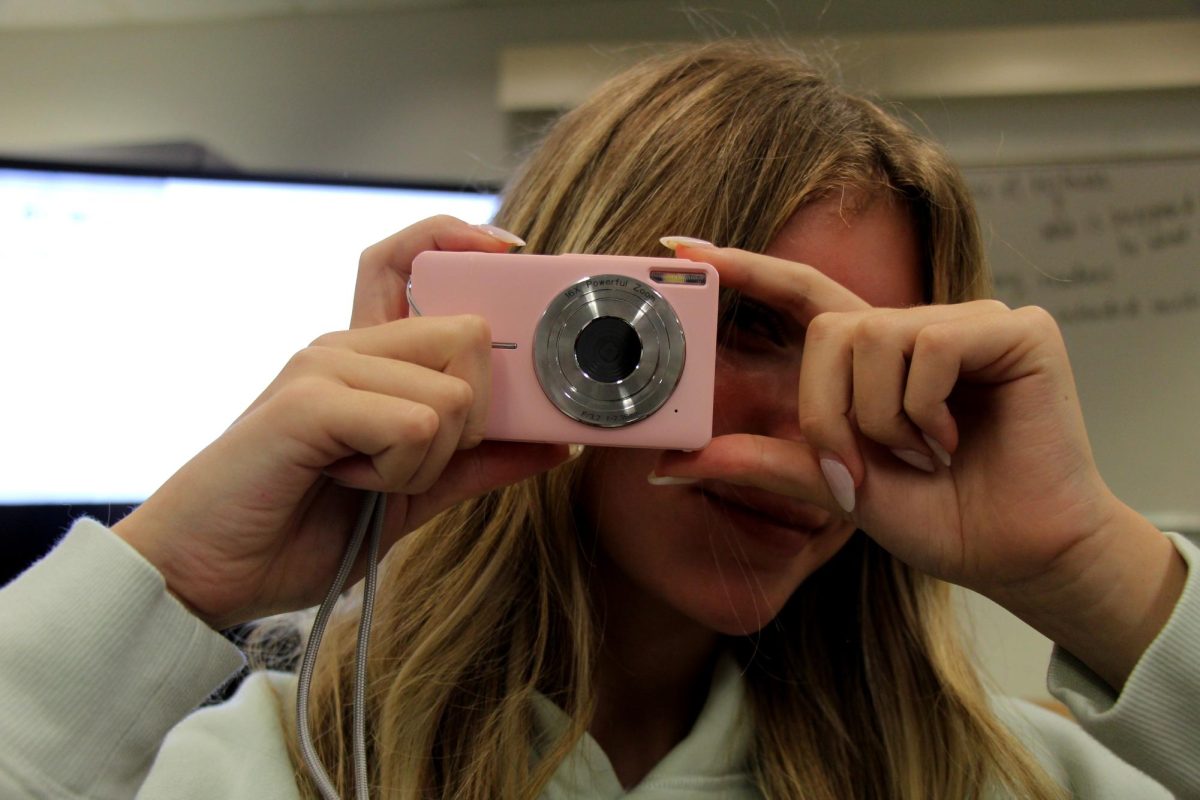

![National Honor Society Sponsor Lauren Saccomanno watches guest speaker Albert Price speak to NHS members. National Honor Society held their monthly meeting with Price on Monday, Nov. 4. "[Volunteering] varies on the years and the month, but we have started a couple new things; one of our officers Grace started a soccer program," Saccomanno said. "We have been able to continue older programs, too, like tutoring at Riverglades. NHS's goal is to have as many service projects as possible."](https://eagleeye.news/wp-content/uploads/2024/11/xNOeKNVwu7aErpVyJHrHogagZUUcLLosjtbIat94-1200x900.jpg)

![Ice Ice Baby. Skating to "Waltz" and "Romance" during her long program, figure skater Ava Zubik competes at the Cranberry Open in Massachusetts on Aug. 12, 2022. She scored a total of 86.90 on her short and free skate program, earning fifth place overall. "I try to make it [competing] as fun and enjoyable as I can because it's my senior year, and so I want to really enjoy competitive figure skating while it lasts," Zubik said.](https://eagleeye.news/wp-content/uploads/2024/11/skater1-799x1200.jpg)
